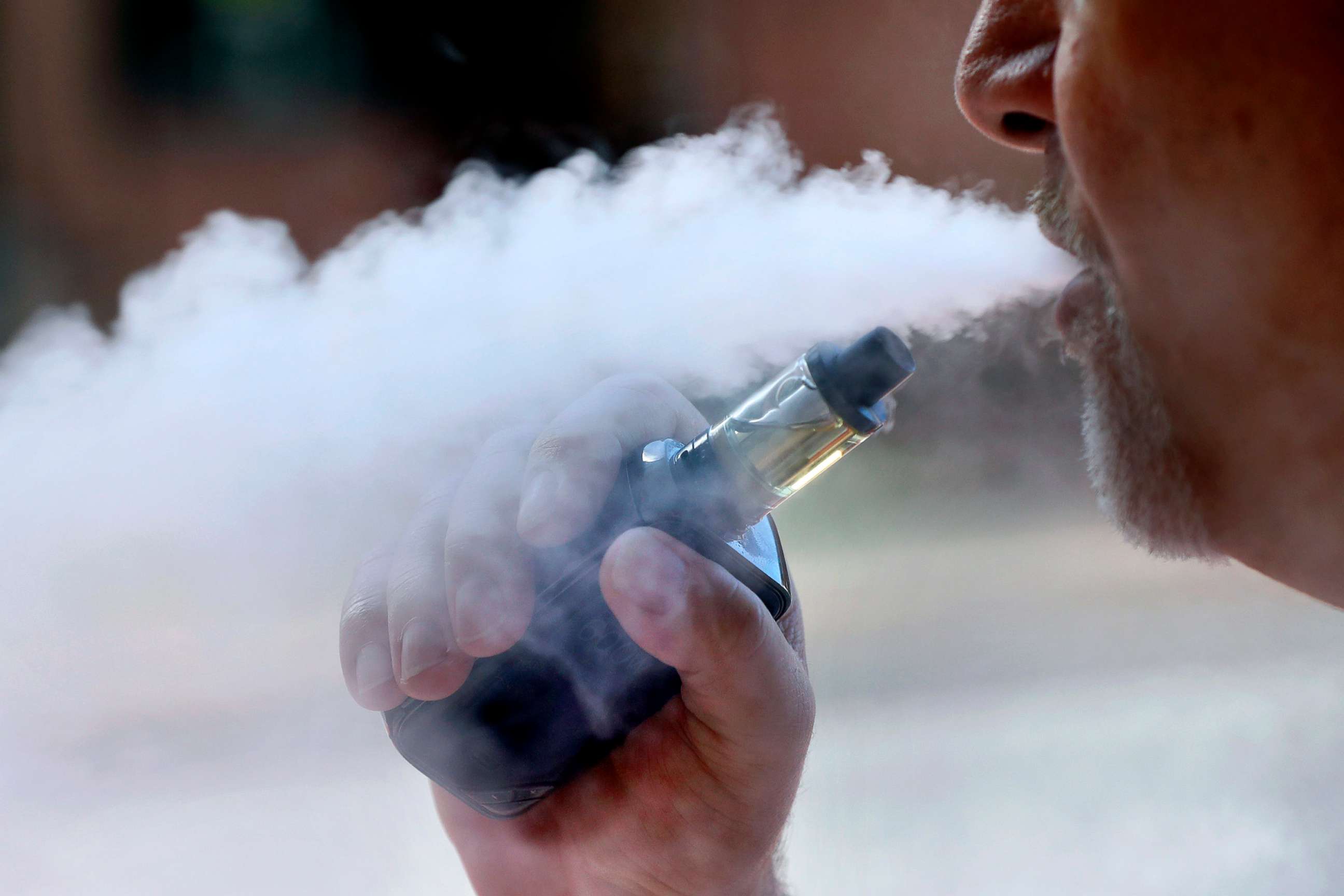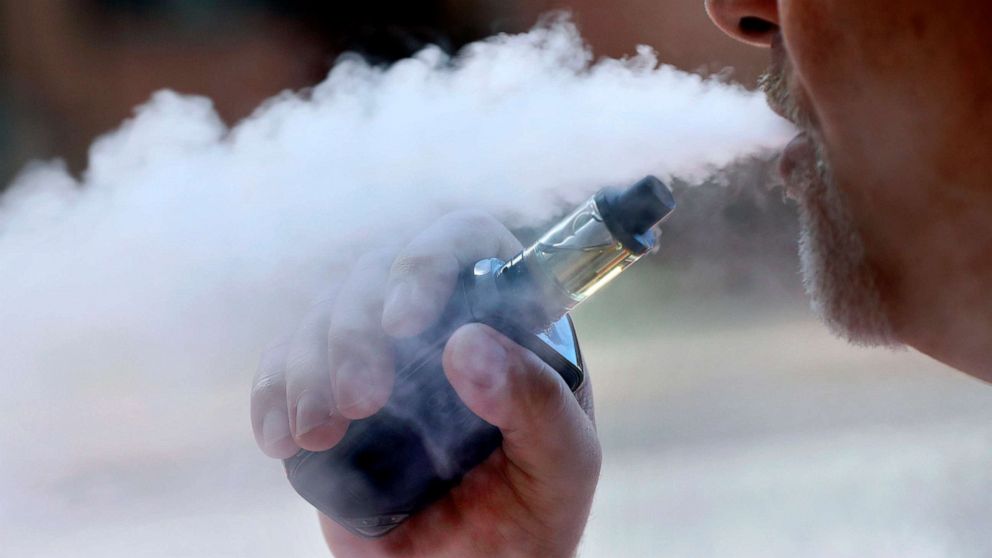Vaping crisis number soars to 530 sick as FDA uses criminal investigators to probe
The Federal Drug Administration has been using their criminal investigators to look into the rash of illnesses surrounding the use of vaping products, Mitch Zeller, the director of the Center for Tobacco Products for the FDA, said in a press conference on Thursday.
The investigators will not be pursuing any individuals or companies and are not focused on prosecuting anyone at this time, Zeller said.
The agency also released demographic information about the vaping victims. Of 530 confirmed and probable lung injuries so far, three-quarters of the victims were male and two-thirds were between the ages of 18 and 34.
Despite rampant fears among parents about youth vaping, only 16% of vaping victims are younger than 18 years old, according to Dr. Anne Schuchat, principal deputy director at the U.S. Centers for Disease Control and Prevention.
Eight individuals have died in the ongoing outbreak, with Missouri announcing the latest death on Thursday afternoon.
As of Thursday, investigators were still unable to determine whether the vaping outbreak is linked to one illness or a series of illnesses.
In light of the recent illnesses, Michigan and New York have enacted laws banning the sale of all flavored e-cigarettes. Tobacco- and menthol-flavored e-cigarettes are still allowed to be sold in those states.

Investigators still haven't identified one cause of the rash of vaping illnesses, Schuchat explained at the presser, adding that most patients with lung injuries reported having used THC vaping devices.
The FDA has collected 150 vape samples from a variety of states to test for chemicals, nicotine, THC, toxins, pesticides and other cutting agents and additives. While lab analysis previously found vitamin E acetate in some tested samples, no one ingredient is showing up in every sample.
As for the law enforcement arm of the probe, Zeller stressed that given the complexity of the investigation, it's premature to talk about the actions or regulations that the agency make take in the future.
Zeller emphasized that it would be impossible at this point to use enforcement authorities when there are still so many outstanding questions.




